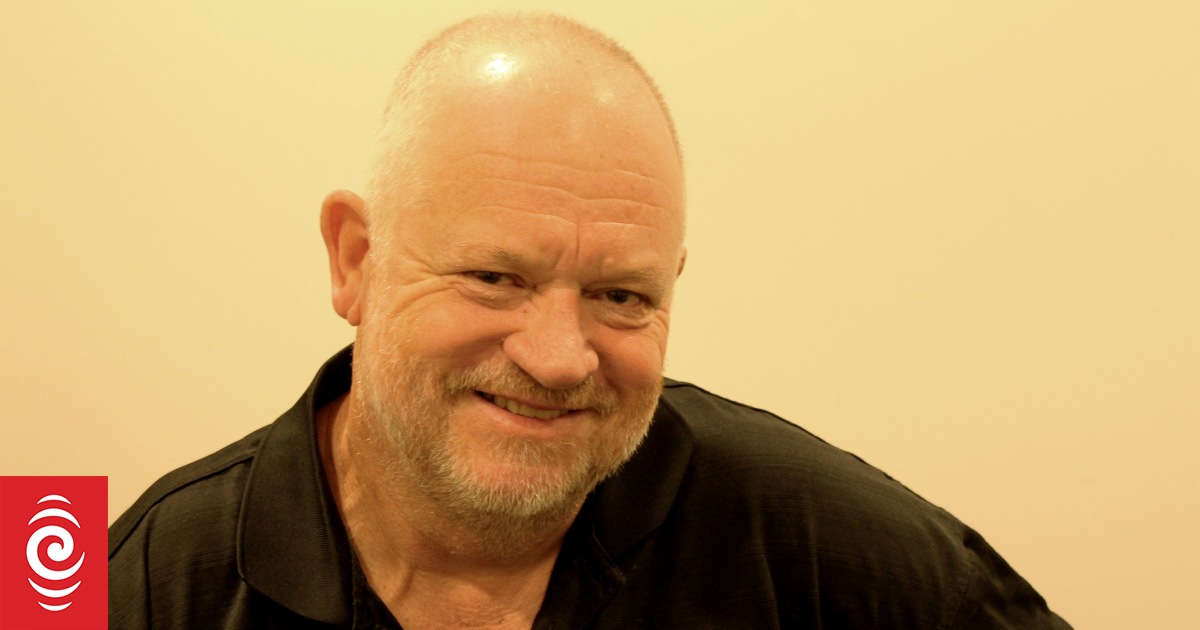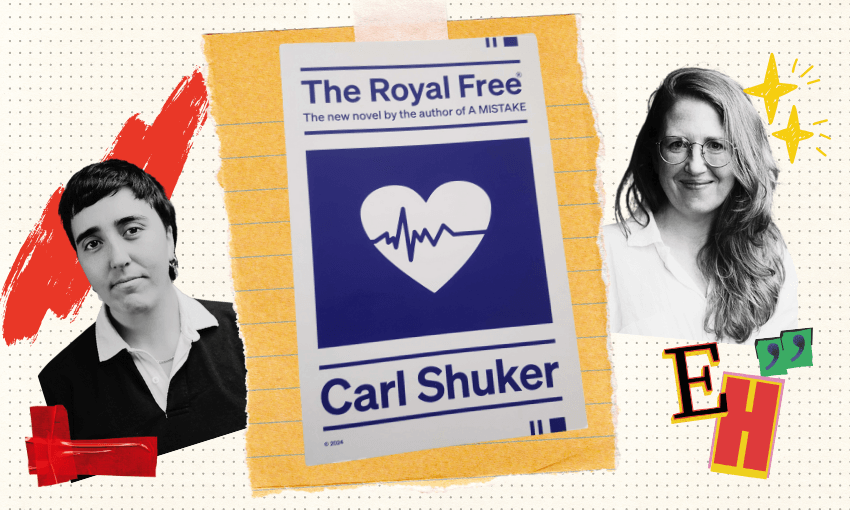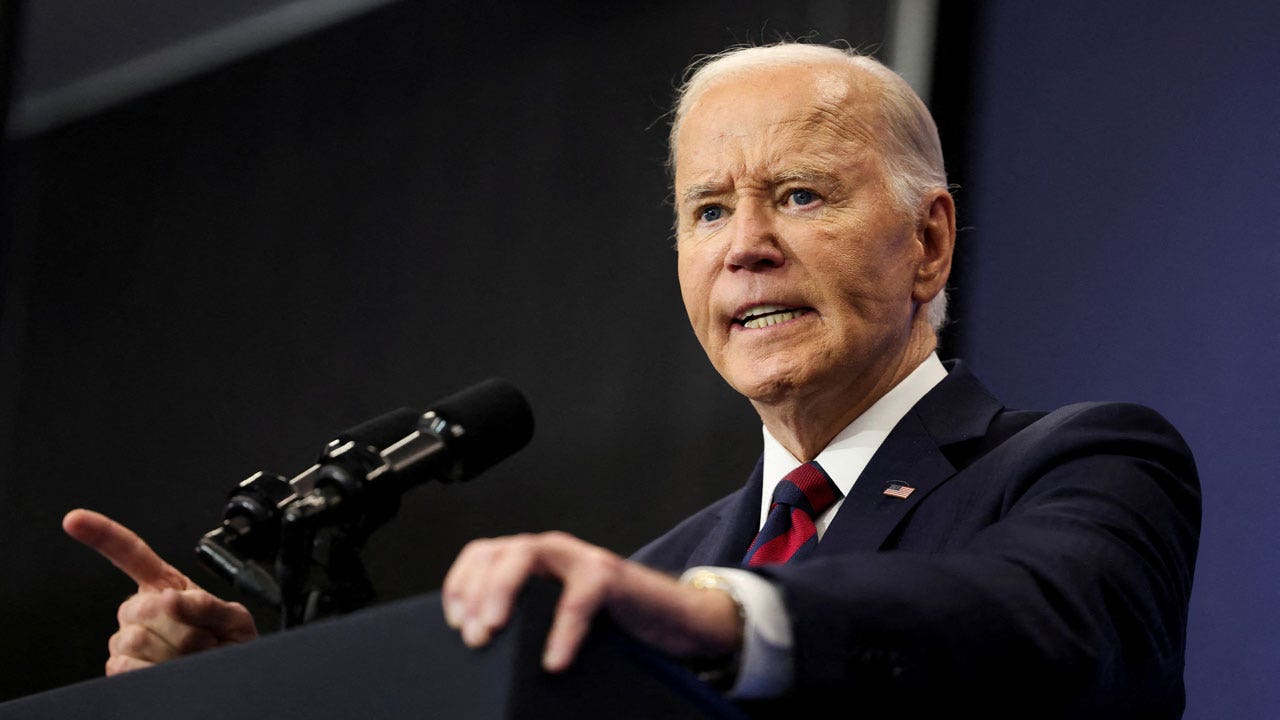General Practice Owners’ Association chairperson Dr Tim Malloy says the average difference between senior hospital nurses and senior practice nurses was about $8000 per year.
Photo: RNZ/Carol Stiles
General Practices say it is devastating staff have been left out of a pay parity package for healthcare workers.
Minister of Health Andrew Little today announced more than $200m to address pay parity for non-hospital health staff.
But general practices were left out because Little said he had seen no real evidence of pay difference, despite being supplied with figures.
The General Practice Owners’ Association provided evidence to the minister.
Association chairperson Dr Tim Malloy said the average difference between senior hospital nurses and senior practice nurses was about $8000 per year.
“Why you would choose not to invest in the frontline of health services is beyond me. My concern is that it’s also insulting to our nurses, particularly as they were essentially the frontline of care for most of Covid and continue to be so,” he said.
Without the funding, general practices will have to compromise other services, Malloy believed.
“For us to stay in business, we are going to have to remunerate our nurses at an equitable rate with our Te Whatu Ora colleagues or we’re going to lose them.”
Smaller urban or remote rural practices were likely to be the worst affected by staff loss – some may even close, he said.
Hauora Taiwhenua Rural Health Network chairperson, Dr Fiona Bolden, said it would be devastating if that happened.
“Take [nurses] away and you’ll completely overload GPs, you’ll completely overload emergency departments, people’s chronic illnesses won’t be dealt with, people won’t be able to have immunisations, you won’t be able to get a dressing done when you want one, you won’t be able to have that one to one care,” she detailed.
Bolden said there had been no support for general practice nurses so far.
“They haven’t announced which nurses will be in tranche three [of the package], but I think if we don’t see practice nurses in tranche three, then that’s a very clear signal that general practice nurses are not being supported at all by the government.”
Being in tranche three wasn’t ideal but it was better than nothing, she added.
New Zealand HealthCare Group managing director Josephine Gagan said she was glad community nurses were finally getting the recognition they deserve, but warned it may not be enough.
Her group is an independent provider that employs over 7000 health professionals.
“We don’t believe it will cover the full costs of paying a nurse the equivalent,” she said.
“We’ve only just had the communication and all we’ve been told is that we’re second on the list and that the funding will be a contribution only.”
Nurses also needed the pay now, not in four to six months, she added.
“Any delay will just mean that those nurses have to continue working without the increases, which we don’t think is satisfactory.”
Earlier today, Little said aged-care facilities, hospices, homecare support, Māori and Pacific healthcare organisations were in the first tranche of funding – due by April next year.
Mental health, addiction facilities, organisations caring for the disabled and other types of residential care will follow in the second half of 2023.





















Discussion about this post